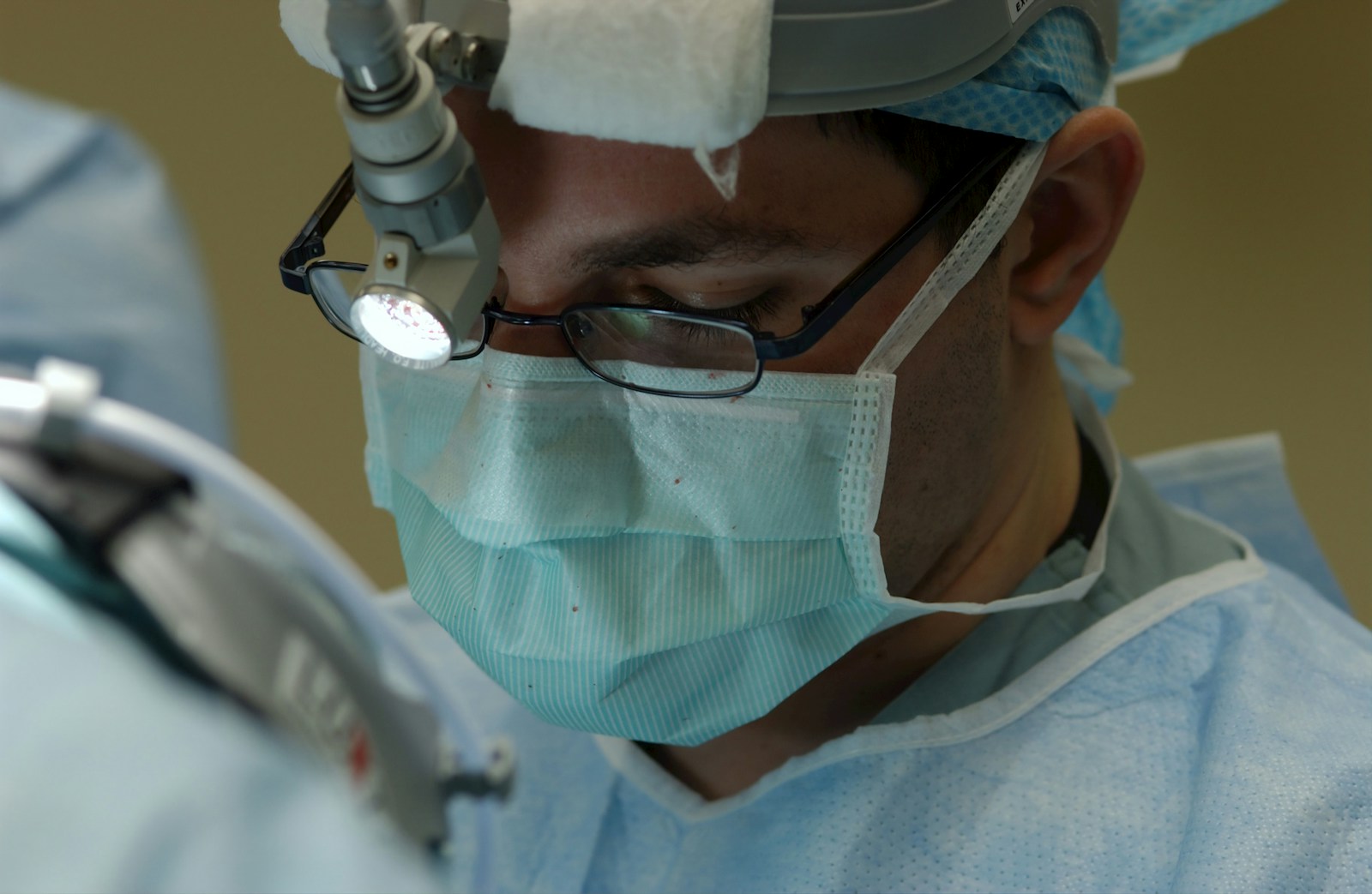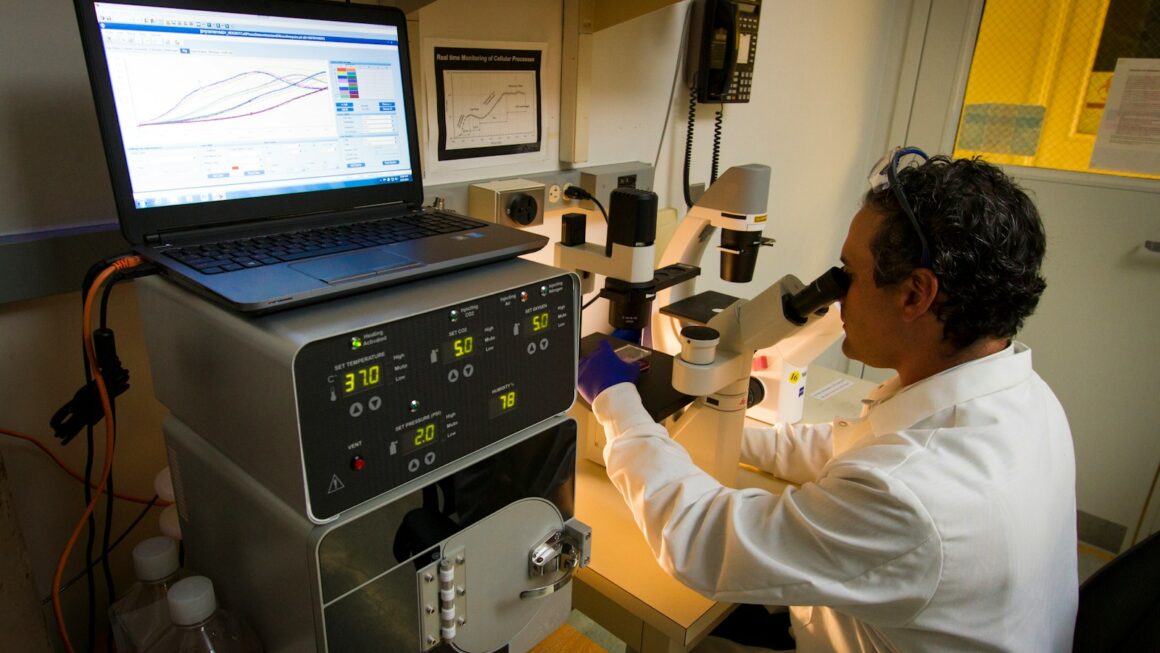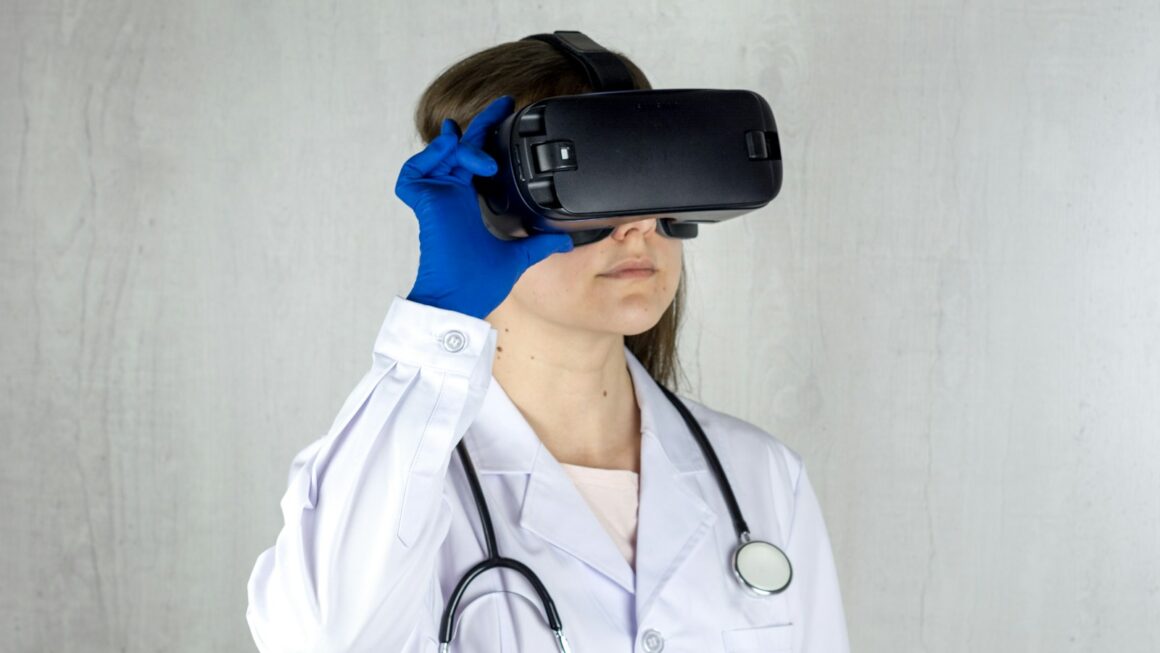Immunotherapy has emerged as a revolutionary approach in cancer treatment, harnessing the body’s immune system to target and destroy cancer cells.
By leveraging the power of the patient’s own immune response, immunotherapy has shown promising results in treating various types of cancer, offering new hope to patients with advanced-stage diseases. This innovative treatment modality has the potential to enhance survival rates and improve quality of life for cancer patients, marking a significant milestone in the field of oncology.
Furthermore, precision medicine has transformed the landscape of cancer treatment by enabling tailored therapies based on individual genetic profiles. Through the use of advanced molecular profiling techniques, oncologists can identify specific genetic mutations driving cancer growth and select targeted therapies to inhibit these oncogenic pathways. This personalized approach not only enhances treatment efficacy but also minimizes side effects, representing a paradigm shift towards more effective and less toxic cancer care.
Revolutionary Medical Devices
Revolutionary medical devices have significantly advanced the field of healthcare in recent years. These innovative technologies have revolutionized patient care by offering more precise diagnostic tools and treatment options. From portable and wearable devices that monitor vital signs in real-time to cutting-edge robotic surgical systems that enhance surgical accuracy, medical devices have improved patient outcomes and overall quality of care.
Moreover, the integration of artificial intelligence in medical devices has further elevated their capabilities. AI-powered devices can analyze complex medical data quickly and accurately, assisting healthcare professionals in making informed decisions. As medical devices continue to evolve, we can expect even more groundbreaking technologies to emerge, ultimately transforming the landscape of healthcare delivery.
Gene Editing Technology in Healthcare
Gene editing technology has rapidly transformed the landscape of healthcare by offering unprecedented opportunities for targeted treatment strategies. This innovative approach allows scientists to precisely modify genetic material, opening doors to potential cures for genetic diseases that were once deemed incurable. By harnessing tools like CRISPR-Cas9, researchers can make precise modifications to faulty genes, paving the way for personalized treatment plans tailored to an individual’s genetic makeup.
The potential applications of gene editing technology in healthcare are vast, ranging from correcting genetic mutations that lead to cancer to developing therapies for inherited disorders. This cutting-edge technology holds promise for revolutionizing the field of precision medicine, where treatments can be customized at the molecular level. As research in gene editing continues to advance, there is hope that it will not only enhance our understanding of disease mechanisms but also lead to more effective and targeted therapies for patients in need.
Progress in Regenerative Medicine
Regenerative medicine represents a groundbreaking approach to medical treatment, aiming to repair or replace damaged tissues and organs through the use of stem cells, tissue engineering, and other innovative techniques. Recent advancements in this field have shown immense promise in addressing a wide range of conditions, from organ failure to degenerative diseases. Researchers are leveraging the potential of regenerative medicine to develop novel therapies that have the potential to revolutionize the way we approach healthcare.
One of the key areas of focus in regenerative medicine is the ability to harness the regenerative properties of stem cells to restore functionality and promote healing within the body. By understanding the mechanisms that govern cell differentiation and tissue growth, scientists are unlocking the potential to regenerate damaged tissues and organs, offering new hope to patients with previously untreatable conditions. The progress made in regenerative medicine is not only pushing the boundaries of medical science but also paving the way for a future where personalized and regenerative therapies could become the norm in healthcare.
Cutting-Edge Robotics in Surgery
Robotic surgery has transformed the landscape of modern healthcare, offering unparalleled precision and flexibility to surgeons across various specialties. These cutting-edge robots are equipped with advanced imaging technology and precise instruments, allowing for minimally invasive procedures with enhanced dexterity and control. Surgeons can navigate through intricate anatomical structures with enhanced visualization and perform complex surgeries with greater accuracy, ultimately leading to improved patient outcomes and shorter recovery times.
With the integration of robotic platforms in surgery, healthcare professionals are able to tackle challenging cases with a higher degree of confidence and efficiency. The use of robotics in surgery has significantly reduced the risk of complications and minimized the need for large incisions, resulting in fewer postoperative complications and reduced hospital stays for patients. As technology continues to advance, the potential for robotic surgery to further revolutionize the field of healthcare is promising, paving the way for more precise, safe, and effective procedures in the years to come.

Innovative Telemedicine Solutions
One of the most transformative advancements in healthcare in recent years has been the rise of innovative telemedicine solutions. This technology has enabled healthcare professionals to remotely diagnose, monitor, and treat patients, breaking down traditional barriers to access and providing more convenient care options for individuals.
Telemedicine not only offers a convenient way for patients to consult with healthcare providers from the comfort of their homes but also plays a crucial role in improving healthcare delivery in underserved areas. Additionally, it has proven to be particularly valuable during public health crises, allowing for the continuity of care while minimizing the risk of potential exposure to infectious diseases.
Breakthroughs in Personalized Medicine
Personalized medicine has transformed the landscape of healthcare by tailoring treatment plans to individual characteristics, such as genetics, lifestyle, and environment. This approach allows for more precise and effective interventions, leading to better patient outcomes and reduced side effects. By utilizing advanced technologies like genomic sequencing and data analytics, healthcare providers can identify the most suitable therapies for each patient, revolutionizing the way diseases are diagnosed and treated.
The integration of personalized medicine into clinical practice has paved the way for customized cancer treatments, targeted therapies for chronic conditions, and preventative strategies based on an individual’s genetic predispositions. This individualized approach not only enhances the quality of care but also holds the potential to drive significant cost savings by avoiding unnecessary procedures and medications. As research in this field continues to expand, personalized medicine is poised to play a central role in the future of healthcare, offering patients a more personalized and precise approach to managing their health.
Artificial Intelligence in Healthcare
Artificial intelligence (AI) has significantly transformed the landscape of healthcare by offering innovative solutions to improve patient care and outcomes. AI algorithms can analyze vast amounts of medical data with incredible speed and accuracy, assisting healthcare professionals in making more informed diagnoses and treatment decisions. With the ability to detect patterns and trends that may be overlooked by humans, AI systems have the potential to revolutionize how medical conditions are diagnosed and managed.
Moreover, AI in healthcare is playing a crucial role in enhancing operational efficiency within medical facilities. From streamlining administrative tasks to optimizing resource utilization, AI technologies are helping healthcare organizations reduce costs and improve overall productivity. By automating routine processes and identifying areas for improvement, AI is paving the way for a more efficient and patient-centered healthcare system.
Promising Stem Cell Therapies
Stem cell therapies have emerged as a promising avenue in the field of healthcare, offering potential treatment options for a wide range of diseases and conditions. Through their unique ability to differentiate into various cell types, stem cells have shown great promise in regenerating damaged tissues and organs, ultimately pioneering new approaches to healing.
Researchers are actively exploring the applications of stem cell therapies in areas such as regenerative medicine, oncology, and neurodegenerative disorders. With ongoing advancements in stem cell research, the potential for personalized and targeted treatments continues to expand, offering hope for improved outcomes and quality of life for patients facing challenging medical conditions.
Emerging Technologies for Mental Health Treatment
Advancements in the field of mental health treatment have seen the emergence of various technologies that offer new possibilities for patients and healthcare providers alike. From virtual reality therapy to wearable devices that monitor mental health indicators in real-time, these innovative technologies are reshaping the landscape of mental health care. Virtual reality therapy, for example, allows individuals to immerse themselves in simulated environments that help them confront and manage their fears and anxieties in a controlled setting.
Additionally, the development of mobile applications and online platforms for mental health support has provided patients with convenient access to resources and tools to manage their mental well-being. These digital solutions offer a range of features, such as therapy sessions, mood tracking, meditation guides, and community support networks, all at the fingertips of individuals seeking mental health assistance. The integration of these technologies into traditional mental health care practices has the potential to enhance the overall quality and accessibility of treatment for those in need.



